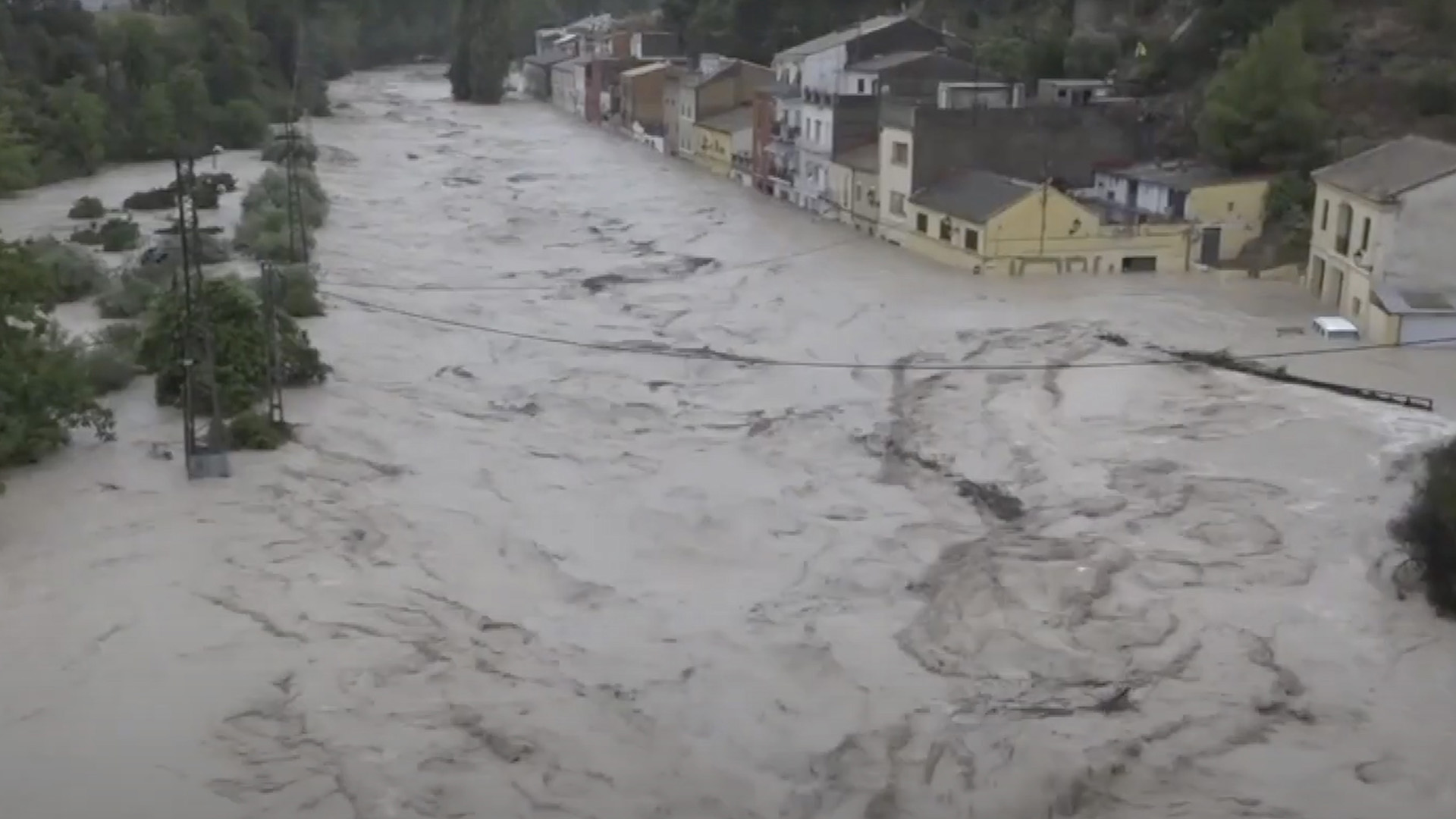

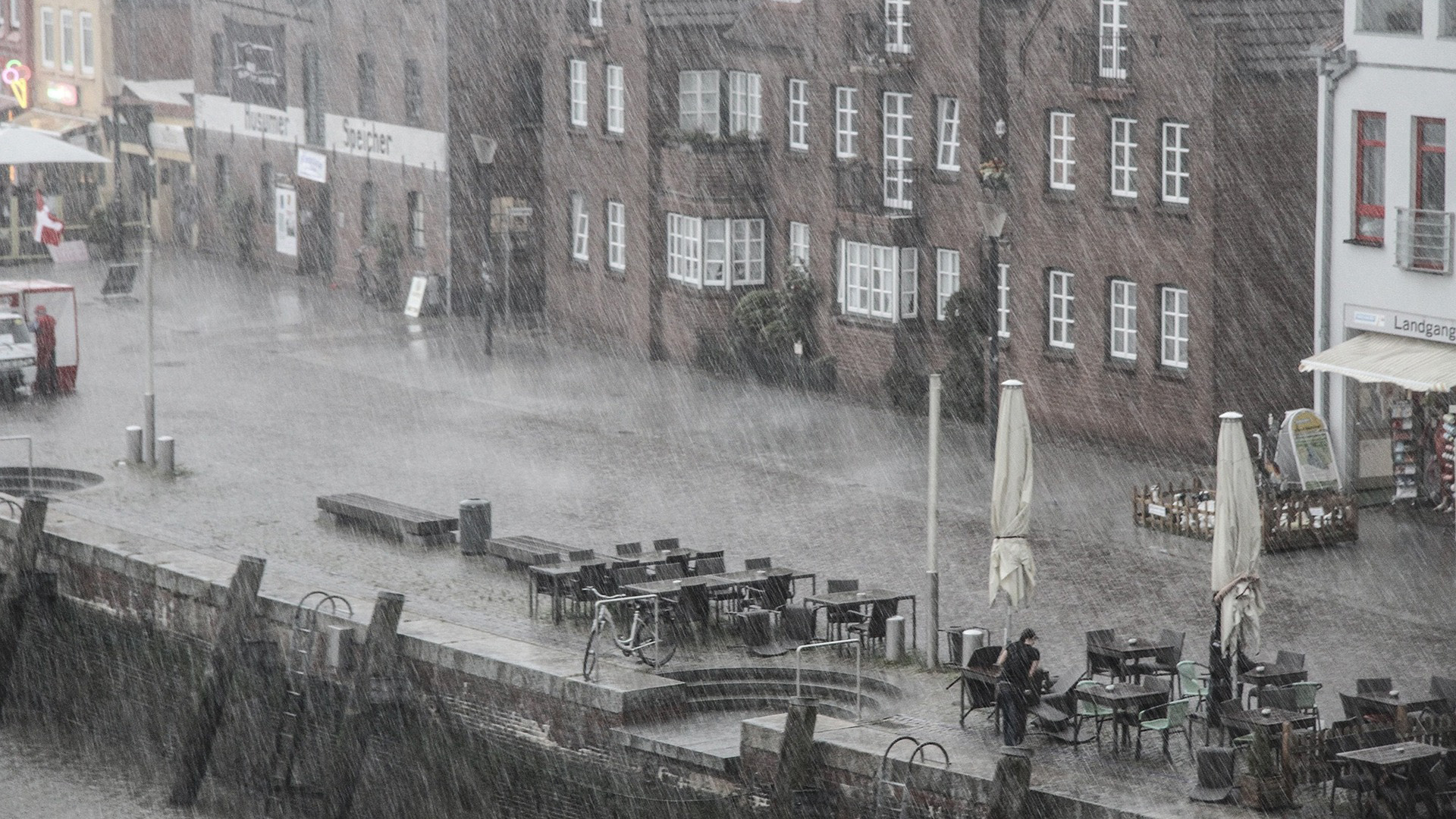
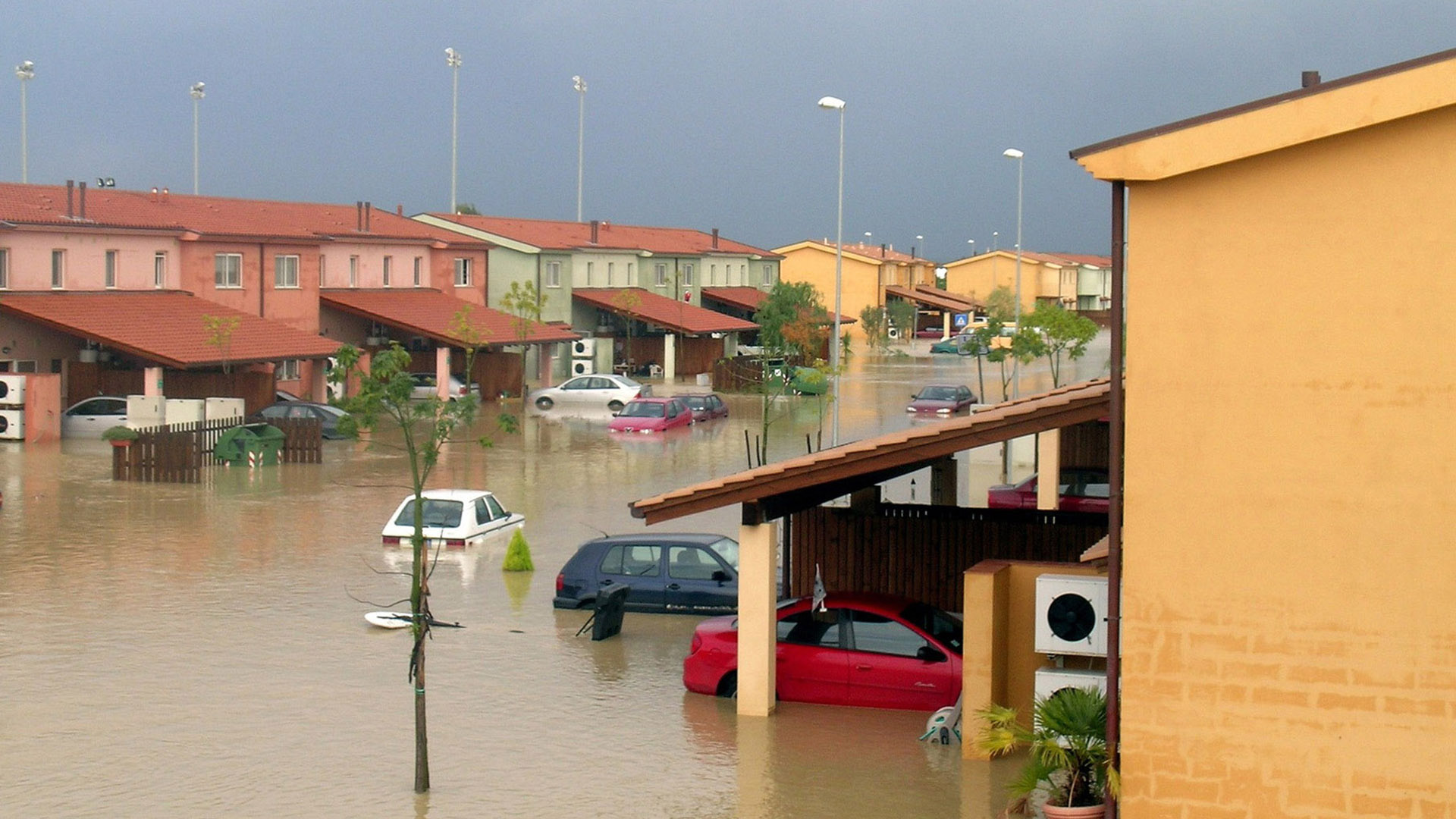
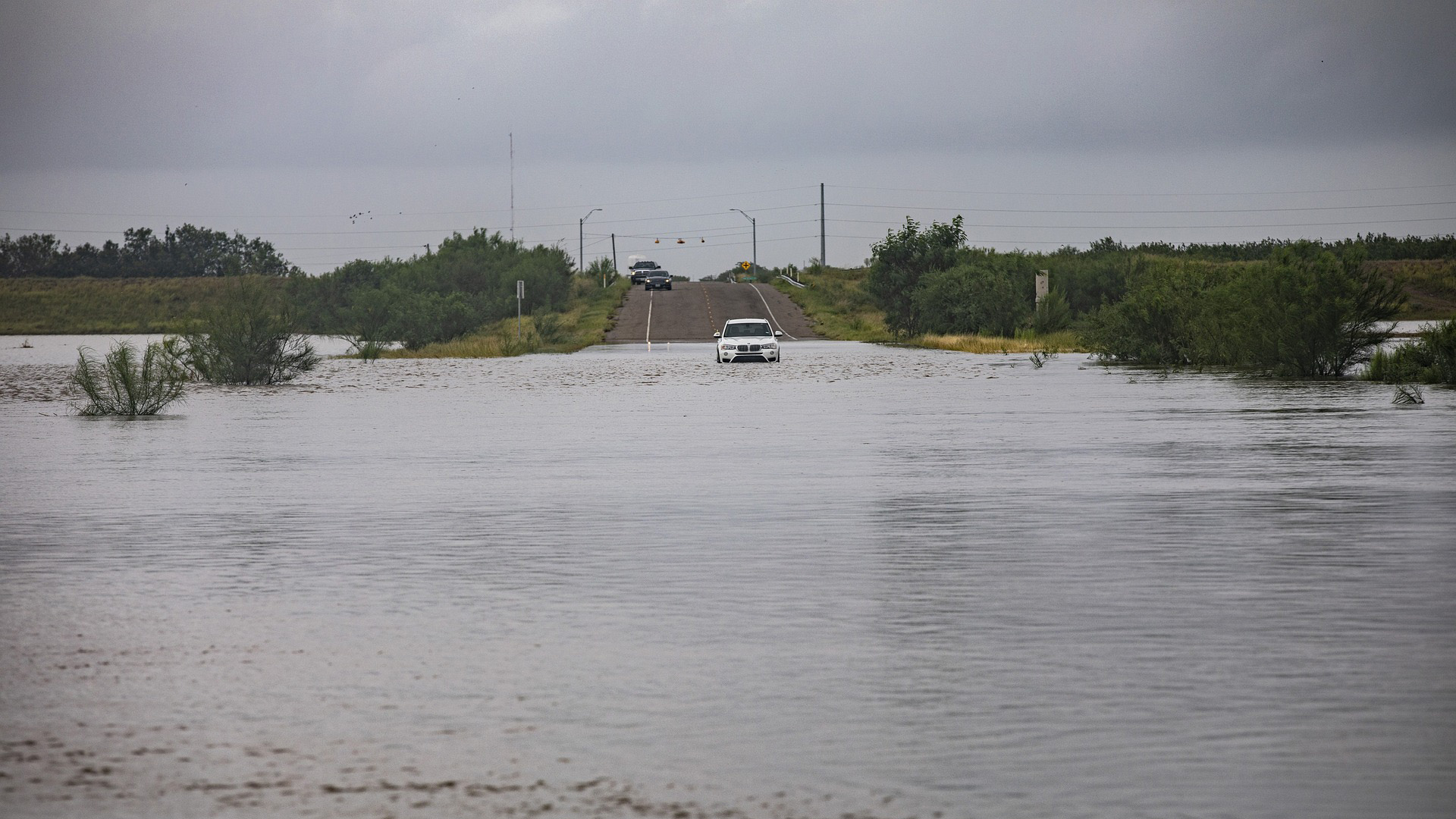

Early warning Demonstration of pan-European rainfall-induced impact forecasts
EDERA is a 2-year European Commission Civil Protection Preparedness project focused on developing or improving products for flood impact forecasting in the operational Early Warning System platforms and decision-making protocols of Civil Protection Authorities at European scale.
The context
Heavy rain and convective storms trigger a number of different natural hazards (floods, landslides, debris flows…) that have impacts on people’s life and goods throughout Europe and across borders. Although the policies for emergency management and response are turning to a more adapted risk management approach, Civil Protection agencies still face multiple challenges hampering their active decisions, including absence of multi-hazard forecasts or difficulty in translating hazards forecasts in impact-based decisions, or the coordination between emergency management authorities during extreme and/or large-scale events affecting multiple regions and countries.
In this context, integrating advanced multi-hazard impact-based forecasts in the currently existing Early Warning Systems (capitalizing on the advances in hazard observation and forecasts and vulnerability and exposure datasets) is key for improved emergency management leading to disaster risk reduction and climate change adaptation.
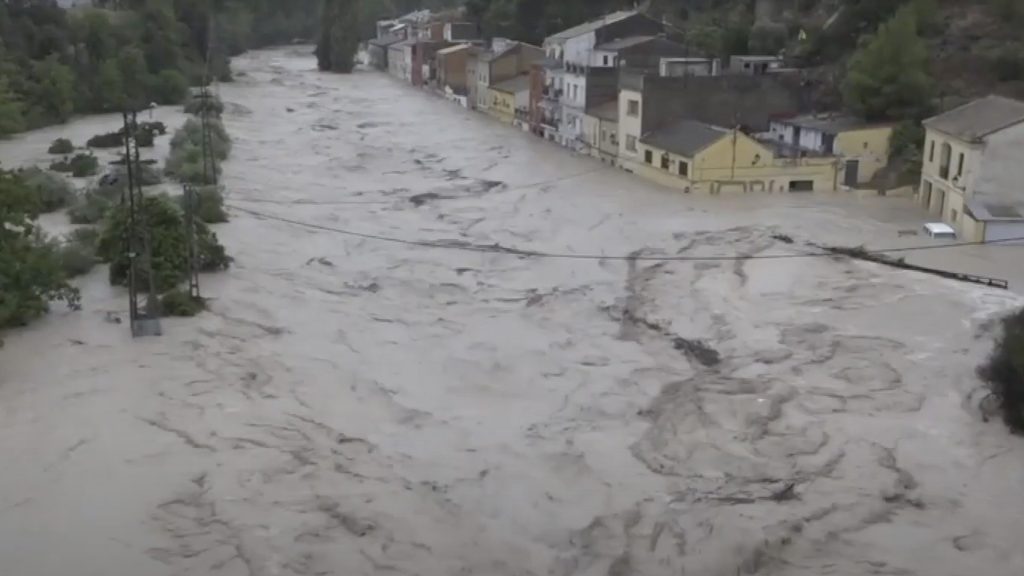
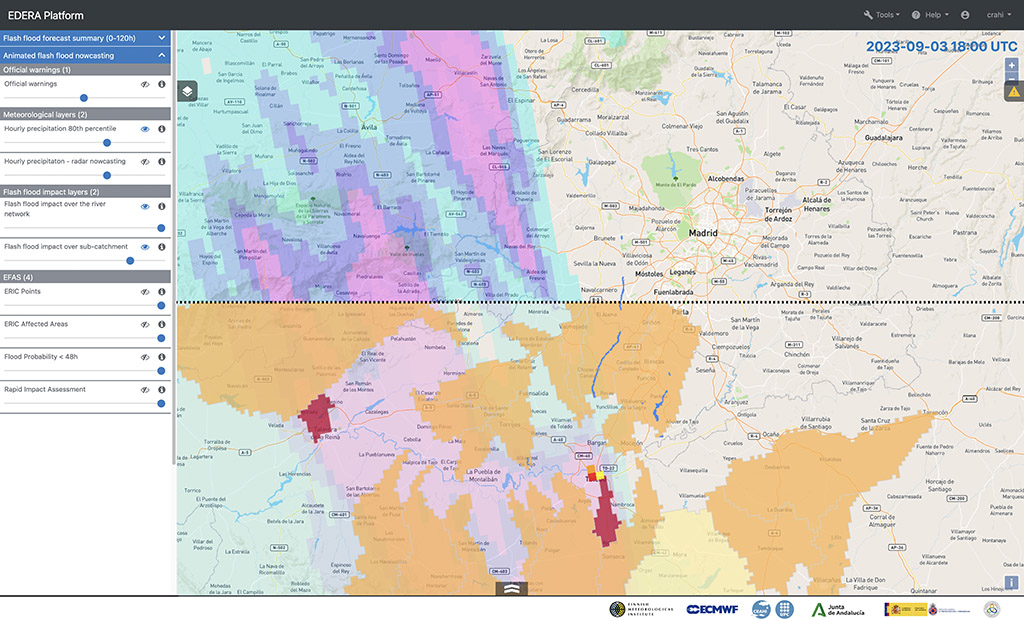
An improved strategy
EDERA (Early warning Demonstration of pan-European rainfall-induced impact forecasts) inherits the results from previous UCPM (Union Civil Protection Mechanism) projects ERICHA (Integrating a European Rainfall-Induced Hazard Assessment system), SMUFF (Seamless probabilistic multi-source forecasting of heavy rainfall hazards for European flood awareness), and TAMIR (Advanced Tools for pro-Active Management of Impacts and Risks Induced by Convective Weather, Heavy Rain and Flash floods in Europe) for seamless forecasting of heavy rainfall and flash flood impacts.
The project aims to use the river flood forecasting component from the Copernicus Emergency Management Service (CEMS) European Flood Awareness System (EFAS) to propose an improved strategy for compound flood impact forecasts over Europe, combining convective hazards and pluvial floods and river floods.
A real-time demonstration period
EDERA will demonstrate the application of flood impact forecasts in real-time during 15 months and will evaluate its performance at two levels.
01.
At European scale, evaluating the performance of the impact forecasts in cooperation with the stakeholders of the project (with this aim, the products will be further integrated in EFAS), and
02.
In two pilot sites (Spain-Portugal and Finland+), where the Early Warning Systems of the operational end-users (involved in the project as partners and stakeholders) will be improved integrating the developed EDERA flood impact forecasts in real-time to assess their usefulness for improved cross-border cooperation and coordination among the relevant authorities (at national and regional scales). The integration of these impact forecasts in the EFAS, which provides direct support to the DG-ECHO ERCC will ensure their availability beyond the duration of the project.
Partners
EDERA is a project coordinated by the Center of Applied Research in Hydrometeorology of the Universitat Politècnica de Catalunya-BarcelonaTech (CRAHI-UPC). The consortium is composed by 6 organisations belonging to 3 European countries including research, development and service-provider organisations, and operational end-users.
The project beneficiaries are the Universitat Politècnica de Catalunya-BarcelonaTech (UPC, Spain), the European Centre for Medium-Range Weather Forecasts (ECMWF), the Finnish Meteorological Institute (FMI, Finland), the Ministerio del Interior (ESMIR, Spain), and the Autoridade Nacional de Emergencia e Proteçao Civil (ANEPC, Portugal).
Additionally, it counts with the direct participation of 3 end-users as partners of the consortium: ANEPC and DGPCE (national CPAs of Portugal and Spain and members of the EU Civil Protection Mechanism, UCPM), and AMAYA (with responsibilities in flood emergency management in the region of Andalusia, Spain).

Training Workshop in Madrid
The next EDERA training workshop will be held in Madrid (Spain).
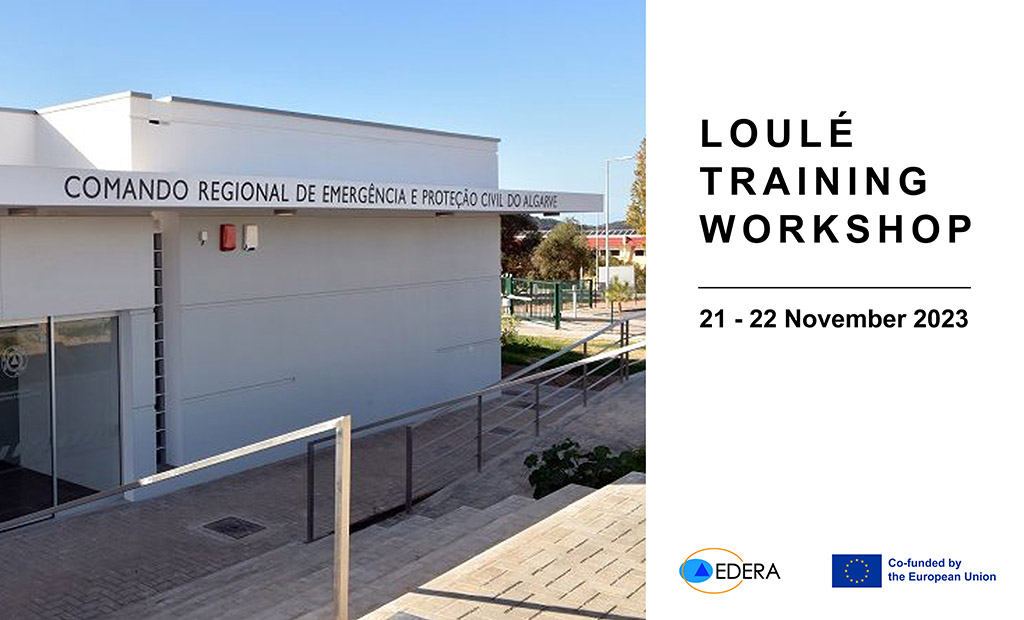
Training Workshop in Loulé
The second face-to-face EDERA training workshop will be held in Loulé (Portugal).
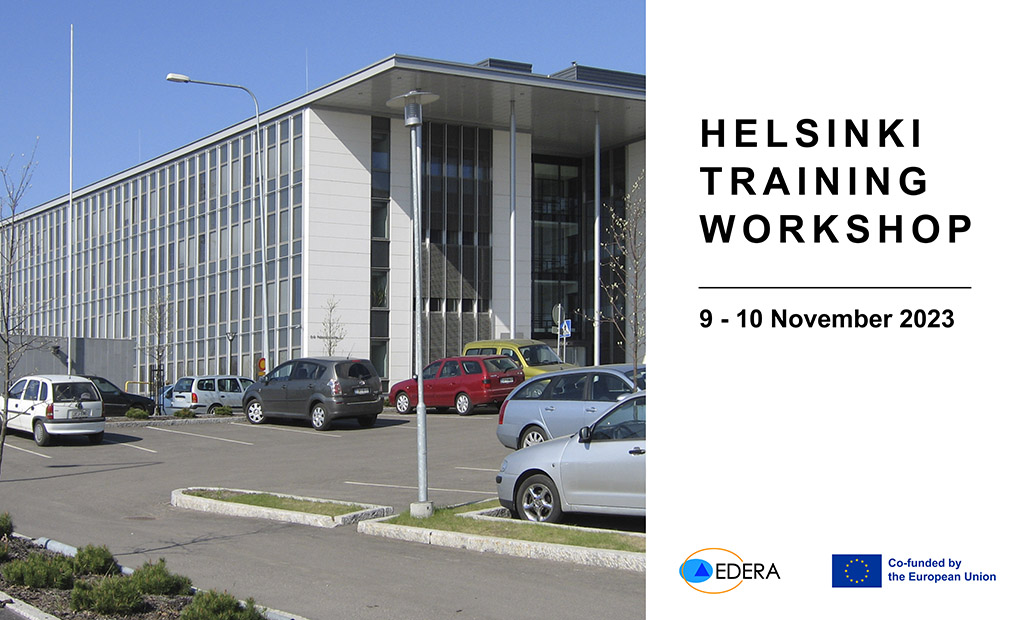
Training Workshop in Helsinki
The first face-to-face EDERA training workshop will be held in Helsinki (Finland).
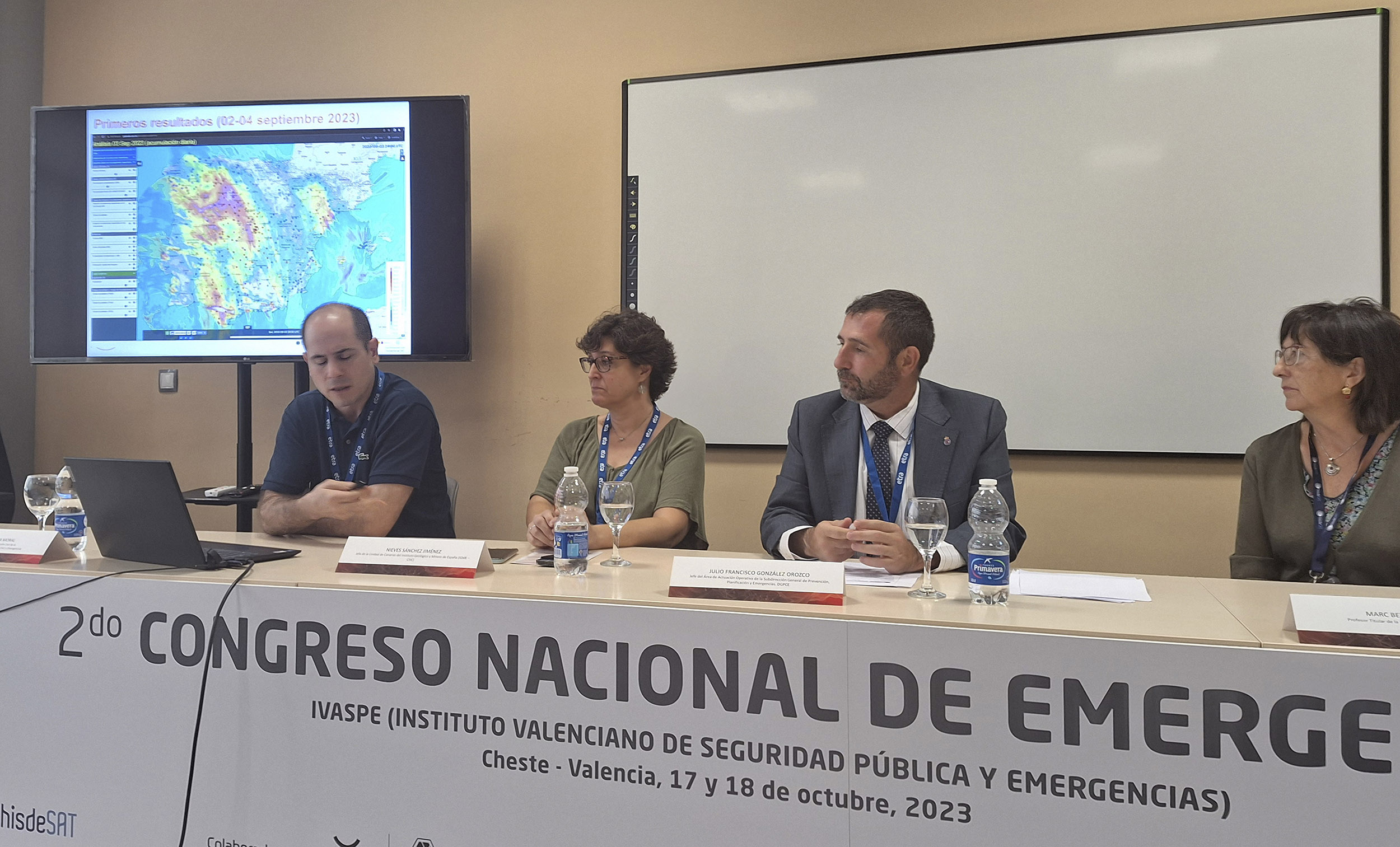
EDERA at Civil Protection and Emergencies National Congress
The EDERA project was presented in the Spanish Civil Protection and Emergencies National Congress.